Book review(s): six quick takes
I’ve been a book-reading machine lately, largely thanks to our New Zealand sojourn. For one thing, flying for twenty hours with, like, two movies to choose from (thanks for nothing, Fiji Air) is a situation that lends itself nicely to devouring a lot of books. Plus, being in a camper van for three weeks with not much else to do at night other than read helps, too. So, over the last two months, I’ve read a dozen books, which even for me is kind of a lot. Some of these books, of course, were pregnancy and childbirth-related (if you’re in that market, do check out Ina May Gaskin’s Guide to Childbirth and Emily Oster’s Expecting Better), but most were fiction. So here, in no particular order, are six (quick) fiction book reviews.
The Magician’s Land, by Lev Grossman: This is the third book in Grossman’s Magicians series, which tell the tale of Quentin Coldwater, a graduate of the prestigious magical university Brakebills Preparatory College of Magic, and his magician friends and foes. The Magicians books are dark and funny and deep and highly readable. The lazy but rather misleading way to describe them to someone is by saying that they’re like “grown-up Harry Potter,” but that’s kind of an understatement. There’s no butter beer and chaste kissing going on in these books. The magicians in Grossman’s books are really adults. They swear and have sex and make terrible, often disastrous, life decisions. But Quentin and his magical cohorts also get to do really exciting stuff, like explore and rule a magical, Narnia-esque land called Fillory, or, in Quentin’s case, get expelled from Fillory and resort to dark, illegal magic to try to make a quick buck. The third book picks up with Quentin, newly expelled from Fillory, trying to make it as a freelance, under-the-table magician for hire, and also follows up on the gang back in Fillory. No spoilers here, of course, so let me just say that I thought this book provided a highly satisfying conclusion to a great series. If you haven’t read the first two books, get on that.
Life Drawing, by Robin Black: I read Black’s Life Drawing right after finishing Claire Messud’s The Woman Upstairs, and my great admiration for the latter may have tainted my enjoyment of the former. I find that sometimes when I read one book in close proximity in time to another, I notice parallels between them, and then inevitably begin to compare them. This can result in an unfavorable verdict for a perfectly good novel just because it happens to be stacked beside another, stronger one. Such was the case, I’m afraid, for Life Drawing. Like Messud’s The Woman Upstairs, Black’s novel traces the complicated dynamics among a long-time couple and an outsider — a woman — and the trouble that such a triangle, even when not explicitly sexual, can bring upon a marriage. Unlike Messud’s novel, Life Drawing is told from the perspective of the wife in the triangle, rather than that of the outside woman. Like Messud’s novel, there are also long descriptions of art throughout the book, since the main character, Augusta (“Gus”) is a visual artist. Unfortunately, Black’s descriptions of imaginary art are even more plodding than Messud’s, and the book suffers for its long diversions into Gus’s creative process. The book spends most of its time, however, within the uncomfortable confines of Gus’s marriage to Owen, a writer with a stalled career, and the story often gets bogged down in Gus’s thoughts about her marriage — and art, and her demented father, and so on. The plot doesn’t pick up steam until well into the novel, and by that point, I had started to become irritated by quirks in the author’s writing, including long runs of dialogue in which each character repeats the name of the character to whom he or she is speaking (e.g., “I don’t know, Gus.” “I don’t understand it, Owen.” “I don’t know what to tell you, Gus.”). The dialogue was so stilted, it launched me out of the story, which was already dragging. Maybe if I hadn’t read The Woman Upstairs just before picking this up, I would have enjoyed it more, and allowed myself to get more caught up in the psychological drama of a damaged marriage, but in the end, there was not enough drama and too much psychology in Life Drawing for my liking.
King of Cuba, by Cristina Garcia: I’m completely fascinated by Cuba (I spent a summer doing my undergraduate thesis research there and it was so weird and wonderful that I still love talking about it) and particularly by the tortured, nostalgic, complicated relationship between Cuban exiles and their motherland. In King of Cuba, Garcia alternates between two compelling characters to tell a riveting, human story about Cuba and the dynamic between its passionate, bitter first-wave exiles and its lingering, equally passionate despot. The story is told from the perspective of El Comandante — a fictionalized version of Fidel Castro — in Havana, and, ninety miles away in Miami, Goyo Herrera, an elderly Cuban exile bent on revenge against El Comandante, who he blames for stealing his first love and ruining his country. The story follows eighty-something Goyo as he plots to take out the eighty-something El Comandante, and paints a vivid, hilarious, and bittersweet picture of life in both Havana and Cuban Miami. I tore through this book and loved every page of it.
All the Light We Cannot See, by Anthony Doerr: Al’s lovely step-mom Ginger recommended this book to me, and I’m really glad I picked it up. When I saw that it was a novel about two young people in France and Germany during World War II, I’ll admit that I was trepidatious, fearing something maudlin or ultimately hopeless. But All the Light We Cannot See is neither of those things. It follows the parallel stories of Marie-Laure, a blind French girl, and Werner, a gifted young German orphan recruited into the Wehrmacht for his technical skills. The story jumps around in time, flashing back and forth between the children’s childhoods and their young adulthoods in the throes of the war. Some reviewers hated this time-jumping format, and some loved it. I didn’t mind it, and I liked how digestible the short chapters were. Eventually, of course, Werner and Marie-Laure’s paths cross in the walled French city of St. Malo at the very close of the war, and the results are both beautiful and heartbreaking. Even though this is a novel about kids in World War II, it won’t leave you rending your clothes or tearing your hair. It’s beautifully written, for one thing, and it’s filled with very human, relatable characters going about their lives on both sides of an inhuman situation.
Landline, by Rainbow Rowell: I loved both of Rowell’s previous novels, Attachments and Eleanor & Park, so I was excited to read her third effort, Landline. As I sometimes do, I went into this novel blind and read nothing about it before I opened it. So imagine my surprise when I realized that it wasn’t just a light romance, but a light, time-traveling romance! Well, it’s not exactly time travel, it’s more of a phone with a direct connection to the past. Am I making this book sound crazy? It seems less crazy when you’re reading it, I promise. Landline tells the story of a wife and mother, Georgie, a successful TV writer, who’s hit a snag in her marriage to her college sweetheart, Neal. When Georgie decides to stay home in Los Angeles to work on her show, rather than accompany Neal and their two kids to Nebraska to visit his parents, things hit an all-time low. But then Georgie realizes that the landline in her high school bedroom connects her to Neal’s parents’ house — fourteen years earlier, before they were married, at a critical moment in their young relationship. In other words, present-day Georgie has the opportunity to fix her present-day marriage with an unwitting Neal of the past. Putting aside the obvious conundrums that spring up every time you introduce time travel (the butterfly effect, and so on), it’s an interesting idea. Probably everyone who’s been in a long-term relationship wonders, at some point, what it would be like to go back and fix earlier mistakes. Without giving the ending away, let me just say that the magical phone works its magic, and things end up as they’re supposed to. Overall, while I enjoyed Landline, it felt insubstantial; when I was done reading it, it slipped right out of my brain and heart. It was a far cry from the raw emotional power of Eleanor & Park, which made me cry at the gym, or even the pure, earnest sweetness of Attachments, which I read two-and-a-half years ago and still remember vividly. Maybe the issue was that I didn’t connect with Georgie and Neal as characters enough to ever become fully invested in the outcome of their relationship; I was kind of neutral for most of the book on whether they should stay together or divorce. Rowell is extremely gifted at creating relationships that feel real and relatable, but in this case, the relationship between Georgie and Neal wasn’t enough to elevate the book into something emotionally powerful for me. Nonetheless, I would recommend this as a slim, quick little book to read on the Metro or the beach. Just don’t expect to cry at the gym.
The Wife, by Meg Wolitzer: This is the second Wolitzer book I’ve read (the first was The Interestings, about which I had decidedly mixed feelings), and after reading The Wife, I can say with conviction that Wolitzer is a great writer who sprinkles a lot of resonant truth throughout her books. Like with The Interestings, as I read The Wife, I felt compelled to highlight in my Kindle lots of passages that spoke to me, that seemed universally correct (in the beginning, Wolitzer’s description of the air on a plane, “once so antiseptic,” as now “home to a million farts and corn chips and moist towelettes” made me grin/cringe with recognition). To its credit, unlike The Interestings, the ending of The Wife was not emotionally manipulative or melodramatic, and I didn’t end up feeling like Wolitzer had taken me through the wringer unfairly. My one complaint about the book is that its largest plot reveal seemed glaringly obvious to me quite early on, and I’m not sure it that was intentional or not. The book tells the story of Joan Castleman, the unhappy wife of celebrated author Joe Castleman, and it revisits their long marriage, from soup to nuts, to suss out the source of Joan’s particular unhappiness. Because the novel spans the length of their four-decades-plus marriage, dipping in and out at various points, it’s not action-heavy until the very end, when we jump back into the present and Joan faces the decision of whether — and how — to leave her husband. Despite being low on twists and turns, I enjoyed this book, even though I could see the big reveal coming from a mile away. I wouldn’t recommend it if you’re looking for a page-turner, but the strength of Wolitzer’s writing and the keenness of her observations about marriage, particularly power dynamics within marriage, carry The Wife quite far.
Well, there you go: six books to contemplate. Some hits, some misses. Stay tuned for more book reviews, coming soon, as I’m plowing through several juicy tomes at the moment.
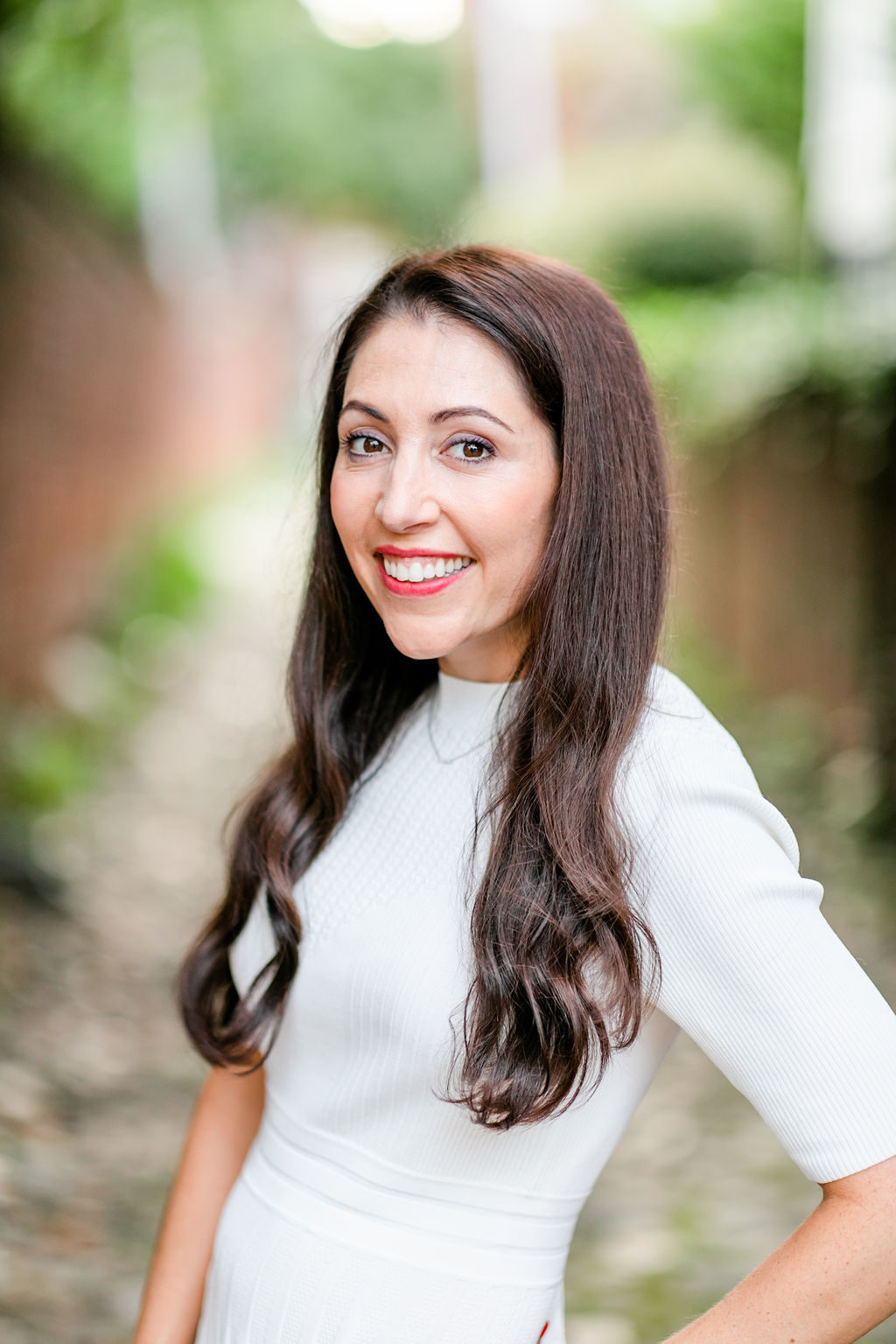
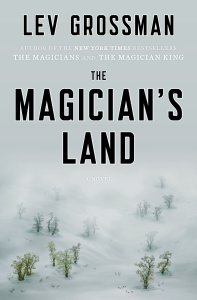
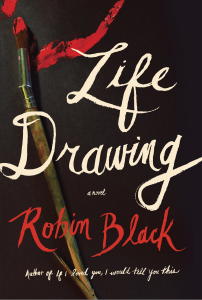
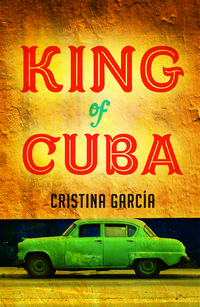
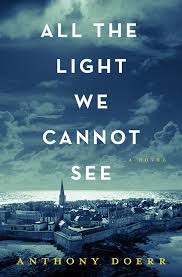
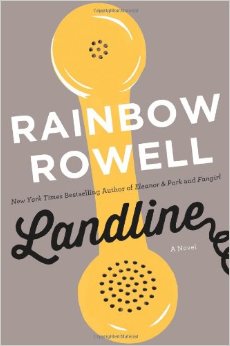
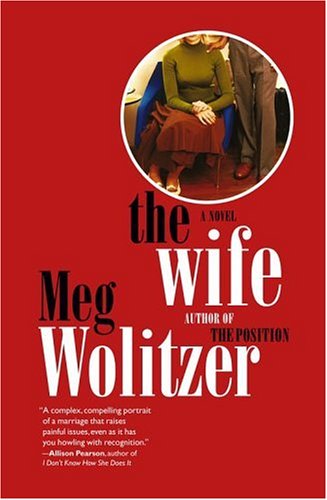
Hi Stephanie, your book reviews are always very inspirational to me. I added ” Al the light we cannot see” to my reading list. Thanks and take care.
Thanks Gerald. I hope you enjoy it as much as I did.